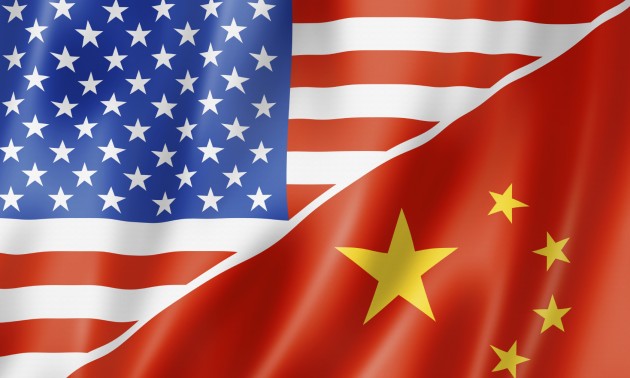U.S. Wheat Farmers Welcome New Chinese Imports, Hope for Long-Term Solutions
On Oct. 3, USDA announced that private exporting companies reported export sales of 130,000 metric tons (MT) of U.S. “white wheat” to China. That is welcome news for U.S. wheat farmers.
Chinese imports of U.S. soft white (SW), hard red spring (HRS) and hard red winter (HRW) wheat classes to China were trending up but abruptly ended when China implemented retaliatory tariffs on U.S. wheat and other agricultural commodities in March 2018. Private purchases of approximately 32,000 MT of HRS and 8,000 MT of SW have been the only sale since then.
“We are glad for this purchase ahead of the latest round of trade discussions between the U.S. and China,” said Doug Goyings, USW Chairman and a wheat farmer from Paulding, Ohio. “It remains to be seen if this is the start of a return to steady purchases by China. In the long run, that is what our farmers need along with good progress toward an agreement and continued support for the rules-based trading system that has given them access to more markets.”
“Even though China has huge domestic wheat stocks, they were buying more U.S. wheat because they need it to meet the growing demand there for higher quality wheat foods, until their government retaliated against U.S. tariffs on Chinese goods,” said Vince Peterson, President of U.S. Wheat Associates (USW), the organization funded by farmers and the U.S. government to promote wheat exports. “So, we hope the new purchases signal a potential turn-around.”
Predictable access to markets is key for USW and their customers. Beyond the retaliatory tariffs that China has applied to U.S. commodities, China has been a challenging wheat importer historically. In recent dispute settlement cases at the WTO, the Office of the U.S. Trade Representative (USTR) demonstrated that, with respect to wheat, China’s government has consistently violated the trade rules it agreed to when it joined the WTO. The country’s domestic support for wheat substantially exceeds its WTO limits and it has never fully met its tariff rate quota for imported wheat. Those two policies have serious effects on farm gate wheat prices and trade. Going forward, USW is optimistic that China will eventually comply with the WTO rulings to facilitate more open trade in wheat.
Read more: U.S. Wheat Farmers Have Not Abandoned Customer Service in China




